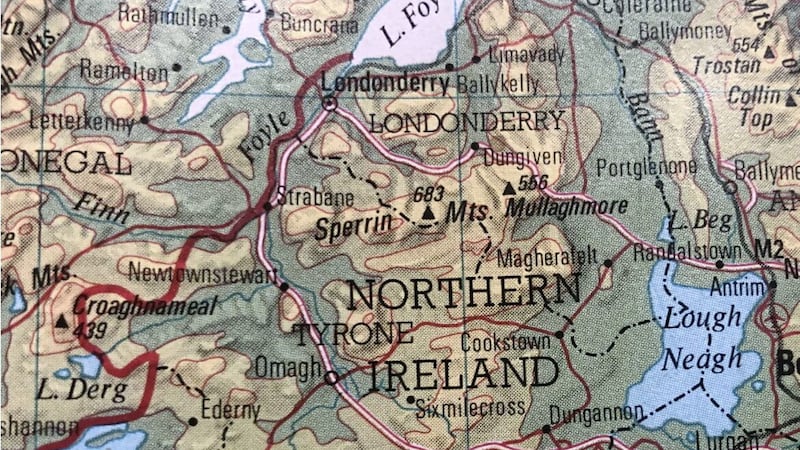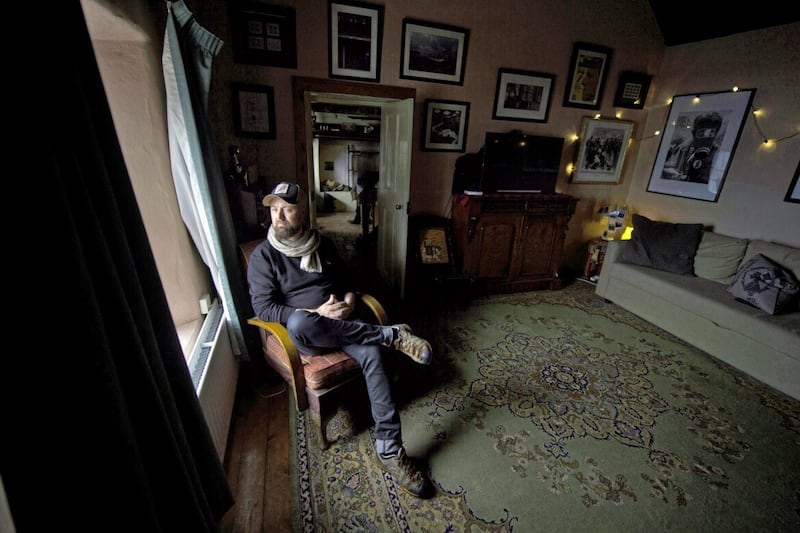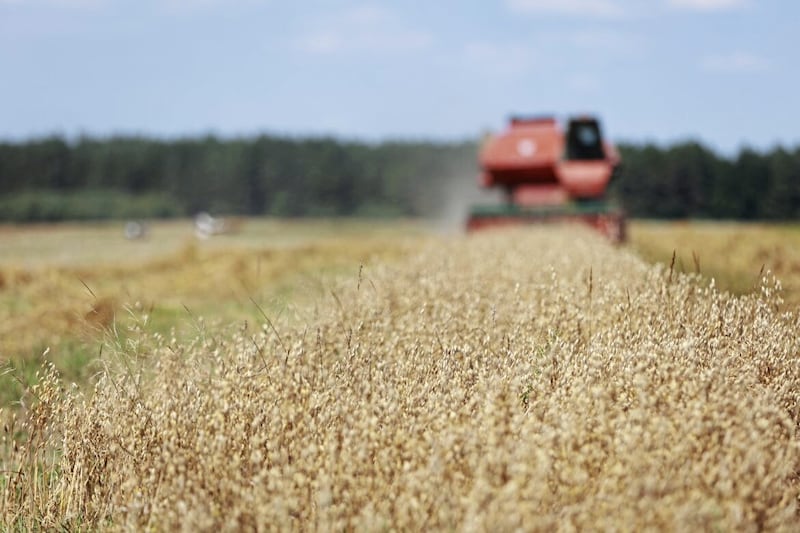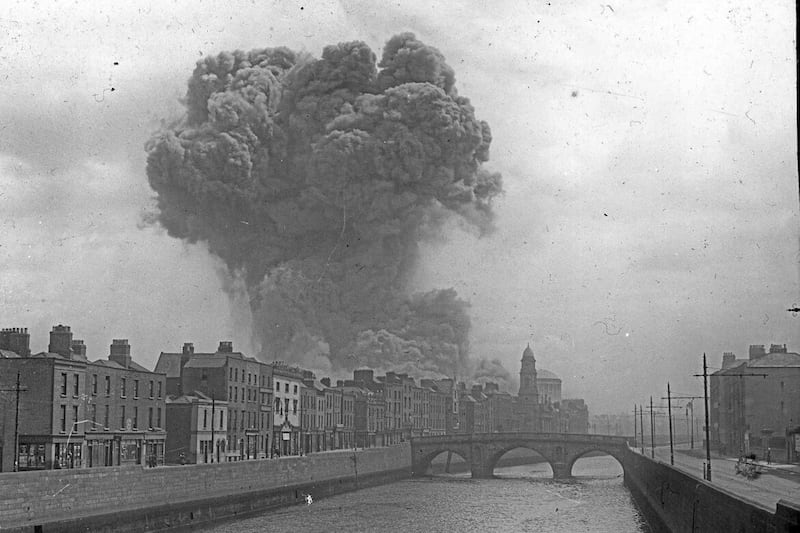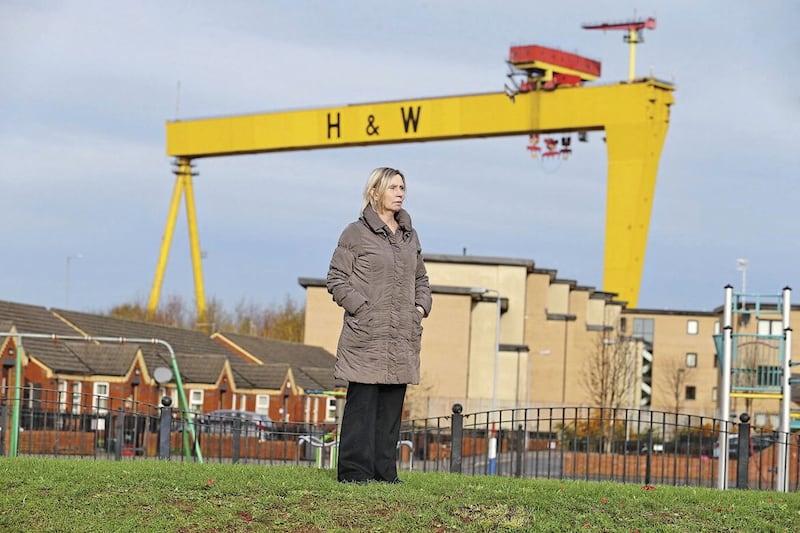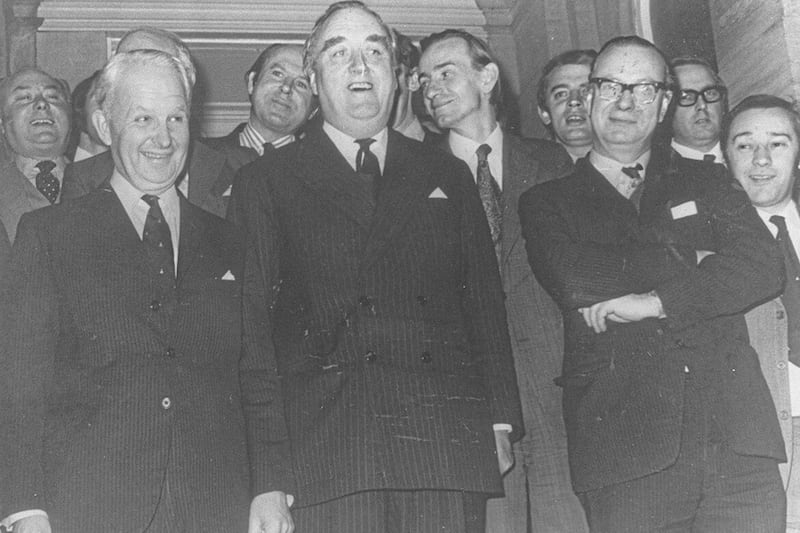UNDER the terms of the Anglo-Irish Treaty of December 1921, Northern Ireland was given time to consider opting out of the Irish Free State once the latter jurisdiction was established a year later.
The north was given a month to make its decision, referred to as 'Ulster Month'. In reality, the Northern Ireland House of Commons and Senate took just a day to decide to contract out once the Free State came into being on December 6 1922 and to remain a part of the United Kingdom.
Under Articles 11 and 12 of the Treaty, the parliament of Northern Ireland had a month to decide to remain in or opt out of the Irish Free State. Nominally, Northern Ireland was included in the Free State.
If the north chose to opt out of the Free State, as widely expected it would, a Boundary Commission would be established to determine the border "in accordance with the wishes of the inhabitants, so far as may be compatible with economic and geographic conditions".
It was unclear for some time whether 'Ulster Month' should commence after the Irish Free State (Agreement) Act became law in Britain in March 1922 or the date the Free State was to be established, December 6 1922, exactly a year after the Treaty was signed.
Many unionists wished for 'Ulster Month' to take place after the passing of the Irish Free State (Agreement) Act in March, with Edward Carson complaining that, by stalling 'Ulster Month', it appeared to be "the wishes of the [British] Government to keep the boundaries question in suspense as long as possible in order to enable Southern Ireland to 'go on sniping, murdering, raiding, and invading in the North with a view to intimidating the Ulster people'."
The Northern Ireland Minister of Education, Lord Londonderry, also "expressed indignation that Ulster was not allowed to contract out at the earliest moment".
Regardless of the opposition, the British government, supported by the Free State provisional government, determined that 'Ulster Month' would commence after the Free State was established in December 1922.
While the notion was fanciful, some within the Free State held out hope that Northern Ireland would use 'Ulster Month' to see the benefits of joining with the 26 counties and uniting Ireland. On the establishment of the Free State, its first president, W.T. Cosgrave, declared: "We are looking Northwards with hope and confidence that, whether now or very soon, the people of that corner of our land will come in with the rest of the Irish nation, and share with us its government, as well as the great prosperity and happiness which must certainly follow concord and union."
The Northern Ireland prime minister James Craig had made it clear, from the signing of the Treaty, that there was no hope of the north uniting with the south.
When meeting with Michael Collins in January 1922, Craig stated: "For the present an all-Ireland Parliament was out of the question, possibly in years to come – 10, 20, or 50 years – Ulster might be tempted to join with the South... He would do nothing to prevent an all-Ireland Parliament, and... if he were convinced it were all in the interests of the people of Ulster, he would frankly tell them of his views, but should such an eventuality arise he would not feel justified himself in taking part in an all-Ireland Parliament. He would erect no barriers round a Dublin Parliament, but in no case would he pass through them himself."
Craig believed it was important to opt out of the Free State immediately, upon its establishment, "in order that it may not go forth to the world that we had the slightest hesitation".
Speaking to the Belfast Chamber of Commerce on December 5 1922, a day before the Free State came into being, Craig said, "that as they voted themselves out of the Free State and into a free Ulster, that Ulster would be free indeed, and that there would be encouragement to every right-thinking man to come along and help".
Accordingly, there was no 'Ulster Month', just a day, with the northern parliament's House of Commons and Senate deciding unanimously, at the first opportunity, to opt out of the Free State.
The decision was unanimous as only unionists were in attendance, with the northern parliament boycotted by nationalist representatives. Addressing King George V, the northern House of Commons resolved: "Most Gracious Sovereign, We, your Majesty's most dutiful and loyal subjects, the Commons of Northern Ireland in Parliament assembled, having learnt of the passing of the Irish Free State Constitution Act, 1922, being the Act of Parliament for the ratification of the Articles of Agreement for a Treaty between Great Britain and Ireland, do, by this Humble Address, pray Your Majesty that the powers of the Parliament and Government of the Irish Free State shall no longer extend to Northern Ireland."
In his speech that day, the northern finance minister Hugh Pollock stated that "there were two distinct issues involved in their relations with 'southern' Ireland – the political union and economic unity. There was no reason why they should not continue their economic unity. If such unity was not maintained the position of both would be endangered".
Pollock's hopes were dashed as the Free State government introduced a customs barrier in April 1923, thwarting any hope of economic unity with the creation of a land border between both Irish jurisdictions.
Also speaking that day, Craig declared: "There was no use of holding out hope – no hope whatever - of a desire on the part of 'Ulster' people, to go under a Dublin Parliament." The moment there was any question of that he would refuse to be Prime Minister, he said.
He also reiterated that he would have nothing to do with the Boundary Commission, which, under the terms of the Treaty, was triggered to convene once Northern Ireland opted out of the Free State. Craig described it as "dirty work", the "bargain had been entered into by the wrong people behind the back of the Northern Government; and in no manner would they be dragged into it".
Speaking in Derry that same month, while still contending he would have nothing to do with the Boundary Commission, Craig believed the impasse could be overcome by "mutual accommodation" between both Irish governments. He stated he would not consider the transfer of a whole county but "if some fair give and take arrangement could be concluded – an arrangement, for instance, which would give east Donegal to the north – he would even take the whole County Donegal tomorrow if he got it – how much more satisfactory it would be, and how much more would it make for peace as between North and South than the boundary line fixed by a Commission which might leave both sides dissatisfied".
As it transpired, Craig need not have worried by the 'Ulster Month' decision to opt out of the Free State, thus triggering the Boundary Commission. Even without Craig's cooperation, the only Irish government dissatisfied by the Boundary Commission findings three years later was the Irish Free State government, as with the Boundary Commission report shelved, Northern Ireland did not have to give an inch and retained all of its territory.
:: Cormac Moore is author of Birth of the Border: The Impact of Partition in Ireland (Merrion Press, 2019).
